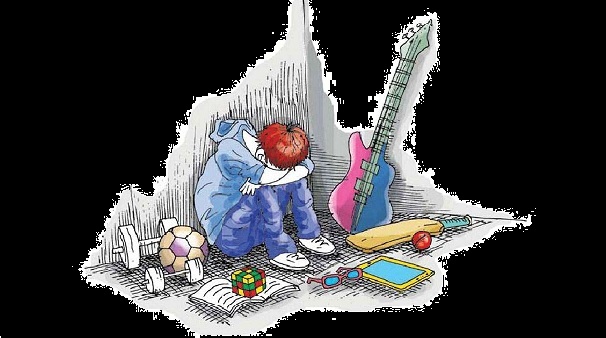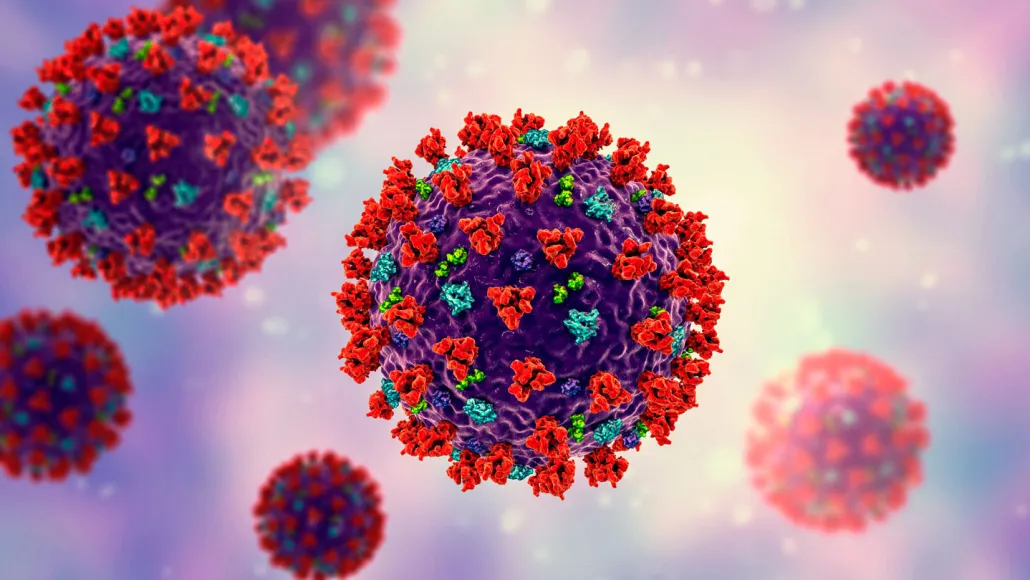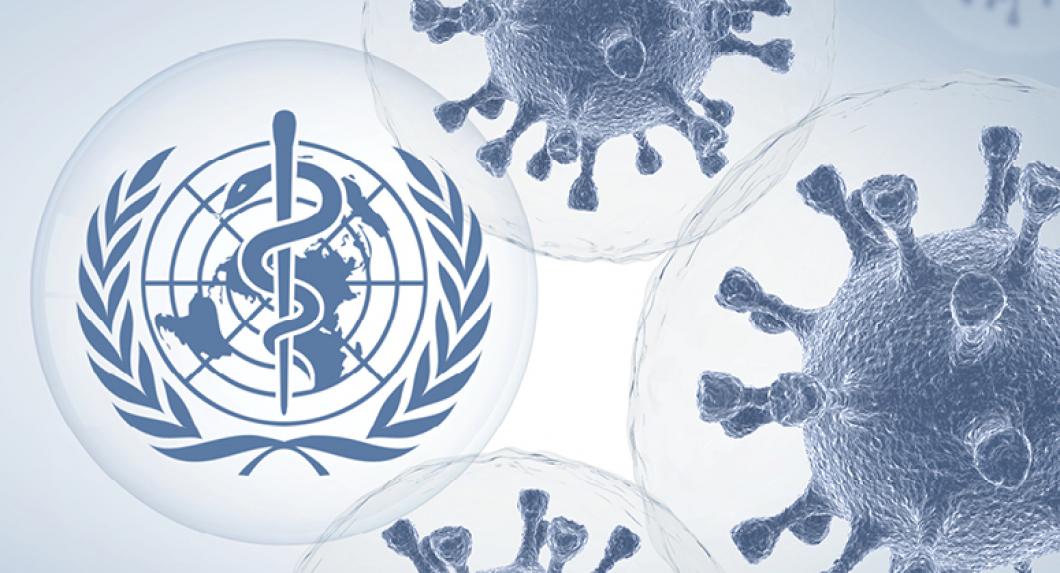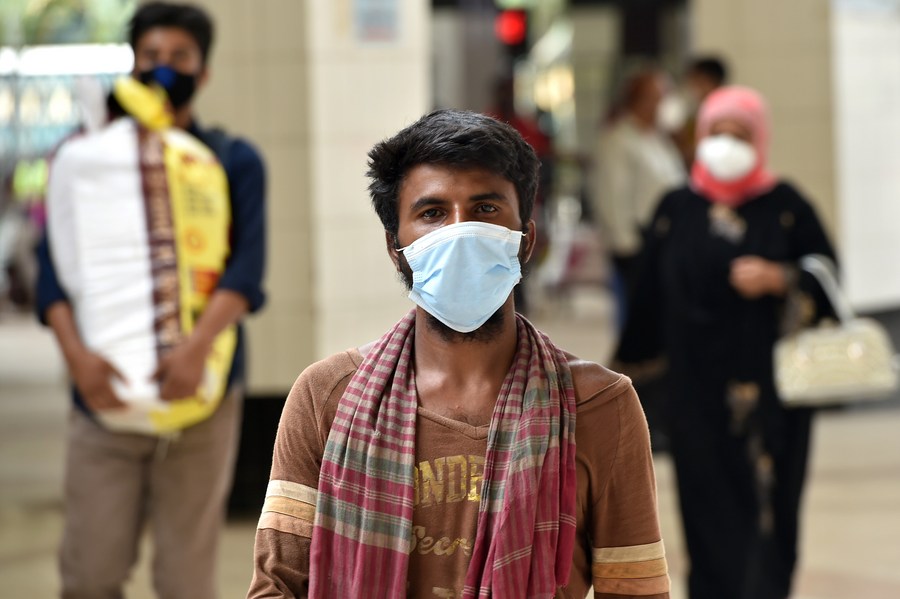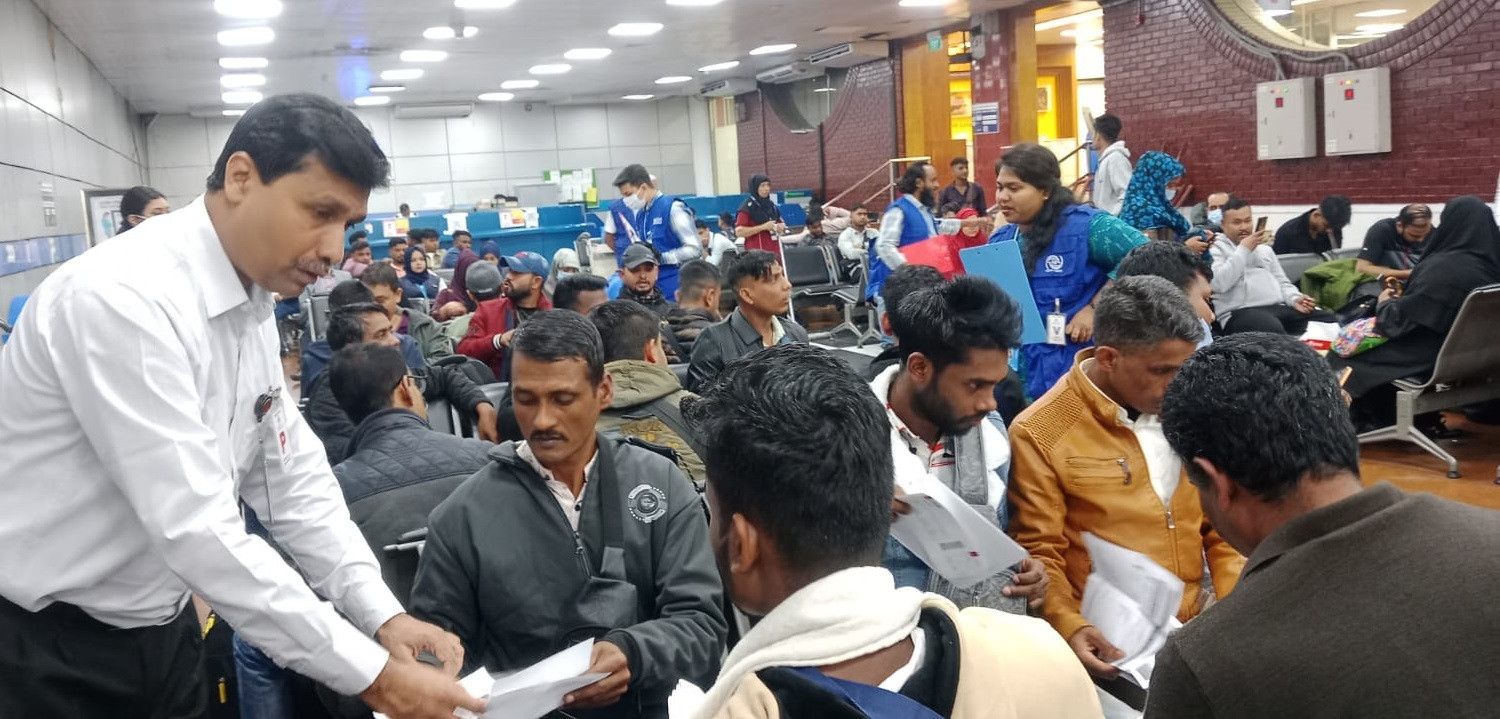Covid-19 pandemic causing mental stress in every sectors of human life, rising the number of death and positive cases along with job holders are losing their jobs, job seekers are waiting for uncertain moment, students are in their home waiting for their exam, university students are going to face semester block and so on. Everywhere people are in mental depression. The rate of suicide also increasing.
According to WHO, depression was ranked as the third leading cause of the global burden of disease in 2004 and will move into the first place by 2030.Today, depression is already the 2nd cause of DALYs (Disability Adjusted Life Year) in the age category 15-44 years for both sexes combined.
The World Health Organization(WHO) has estimated the number of Bangladeshis with depression disorders at about 6.4 million, showing an apparent increase in mentally ill people. In addition, around 6.9 million Bangladeshi are suffering from anxiety disorders.
Depression is a common mental disorder, characterized by sadness, loss of interest or pleasure, feelings of guilt or low self-worth, disturbed sleep or appetite, feelings of tiredness and poor concentration.
If you have been experiencing some of the following signs and symptoms most of the day, nearly every day, for at least two weeks, you may be suffering from depression:
# Persistent sad, anxious, or "empty" mood
# Feelings of hopelessness, or pessimism
# Irritability
# Feelings of guilt, worthlessness, or helplessness
# Loss of interest or pleasure in hobbies and activities
# Decreased energy or fatigue
# Moving or talking more slowly
# Feeling restless or having trouble sitting still
# Difficulty concentrating, remembering, or making decisions
# Difficulty sleeping, early-morning awakening, or oversleeping
# Appetite and/or weight changes
# Thoughts of death or suicide, or suicide attempts
# Aches or pains, headaches, cramps, or digestive problems without a clear physical cause and/or that do not ease even with treatment.
It can be long lasting or recurrent, substantially impairing a person's ability to function at work or school, or cope with daily life. At its most severe, depression can lead to suicide. When mild, depression can be treated without medicines but, when moderate or severe, people may need medication and professional talking treatments.Globally more than 300 million people suffer from it. Depression can produce huge economic and social burden also.
There is a reduction in the amount of certain neurotransmitters found (monoamines such as serotonin and norepinephrine) in depressed people. A number of factors that may increase the chance of depression, including the following:
Abuse:Physical, sexual, or emotional abuse history can increase the vulnerability todepression later in life.
Certain medications: some drugs, such as isotretinoin (used to treat acne), the antiviral drug interferon-alpha, and corticosteroids, can increase your risk of depression.
Conflict: Depression in someone who has the biological vulnerability to develop depression may result from personal conflicts or disputes with family members or friends.
Death or a loss:Sadness or grief from the death or loss of a loved one, though natural, may increase the risk of depression.
Genetics: A family history of depression may increase the risk. It's thought that depression is a complex trait, meaning that there are probably many different genes that each exert small effects, rather than a single gene that contributes to disease risk. The genetics of depression, like most psychiatric disorders, are not as simple or straightforward as in purely genetic diseases such as Huntington's chorea or cystic fibrosis.
Major events: Even good events such as starting a new job, graduating, or getting married can lead to depression. So can moving, losing a job or income, getting divorced, or retiring. However, the syndrome of clinical depression is never just a "normal" response to stressful life events.
Other personal problems: Problems such as social isolation due to other mental illnesses or being cast out of a family or social group can contribute to the risk of developing depression.
Serious illnesses: Sometimes depression co-exists with a major illness or may be triggered by another medical condition.
Substance abuse: Nearly 30% of people with substance abuse problems also have major or clinical depression. Even if drugs or alcohol temporarily make you feel better, they ultimately will aggravate depression.
Hormones: Changes in the body's balance of hormones may be involved in causing or triggering depression. Hormone changes can result with pregnancy and during the weeks or months after delivery (postpartum) and from thyroid problems, menopause or a number of other conditions.
Diagnosis If a person suspects that hehas symptoms of depression, He or his nearest one should seek professional help from a doctor or mental health specialist. A qualified health professional can rule out various causes, ensure an accurate diagnosis, and provide safe and effective treatment.
They will ask questions about symptoms, such as how long they have been present. A doctor may also conduct an examination to check for physical causes and order a blood test to rule out other health conditions.
We should support the depressed parson and should listen to them their pain inside they carry. Along with, we should care about psychotherapy, drug treatment, exercise, proper sleep and diet for them by consulting specialist. Because every life is important for their family, we should stay beside them and give them hope to survive.
(Md. Naim Hossain is a Student at Department of Pharmacy, Bangabandhu Sheikh Mujibur Rahman Science and Technology University. E-mail: naimislamphr@gmail.com)


